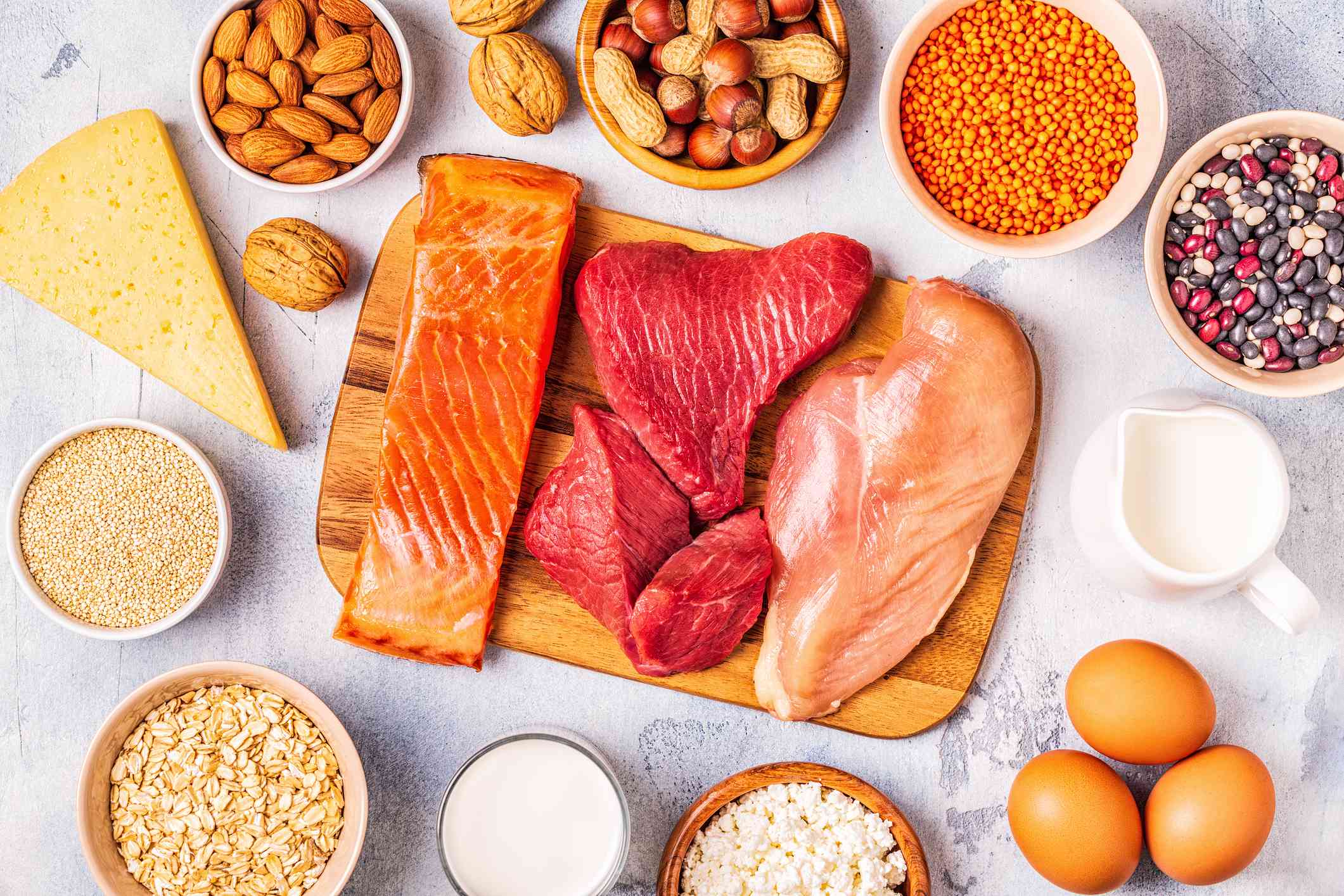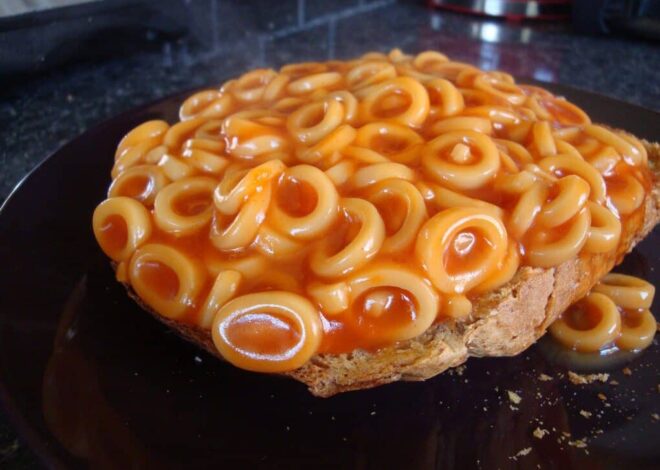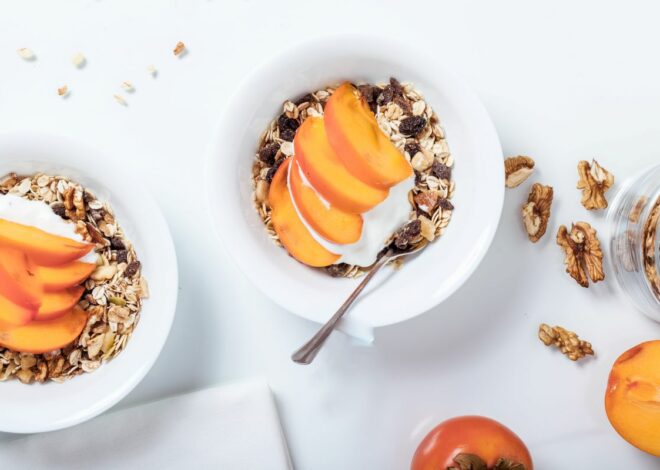
Protein Foods for a Healthy Diet
Protein is a fundamental nutrient that plays a crucial role in maintaining and repairing the body’s tissues. Including protein foods in your diet is essential for overall health and well-being. In this blog post, we’ll explore the world of protein foods, their significance, and a variety of options to help you make healthier choices.
Why Protein is Important
Protein is often referred to as the building block of life for a reason. It is responsible for:
- Muscle Maintenance: Protein is vital for the repair and growth of muscles, making it particularly important for athletes and those engaged in physical activities.
- Cellular Function: Proteins are involved in numerous cellular processes, from transporting oxygen in the blood to supporting the immune system.
- Satiety: Including protein in your meals can help you feel fuller for longer, aiding in weight management.
Sources of Protein
Protein can be sourced from both animal and plant-based foods. Here are some excellent options:
Animal-Based Protein:
- Lean Meats: Chicken, turkey, lean beef, and pork are rich in protein and low in fat when prepared without excessive oils or added fats.
- Fish: Fatty fish like salmon, tuna, and mackerel not only provide protein but also heart-healthy omega-3 fatty acids.
- Eggs: Eggs are a versatile source of protein, offering all essential amino acids.
- Dairy Products: Greek yogurt, cottage cheese, and low-fat milk are packed with protein and calcium.
- Lean Cuts: Opt for lean cuts of meat and remove visible fat to keep protein intake healthier.
Plant-Based Protein:
- Legumes: Lentils, chickpeas, black beans, and peas are rich in protein, fiber, and various nutrients.
- Tofu and Tempeh: These soy-based products are excellent sources of plant-based protein.
- Nuts and Seeds: Almonds, peanuts, chia seeds, and hemp seeds provide protein along with healthy fats.
- Quinoa: This grain is a complete protein source and is packed with essential amino acids.
- Seitan: Also known as wheat meat, seitan is a high-protein meat substitute made from gluten.
Balancing Your Protein Intake
A balanced diet includes a mix of protein sources. Consider incorporating a variety of animal and plant-based proteins to ensure you get a range of nutrients.
Protein for Weight Management
Including protein in your diet can help with weight management by promoting a feeling of fullness. This can lead to reduced calorie intake and better control of your overall diet.
Protein-Rich Meal Ideas
Here are some meal ideas that incorporate protein-rich foods:
- Grilled chicken or tofu salad: Load up on fresh vegetables and add grilled chicken or tofu for protein.
- Omelets: Make a vegetable-filled omelet with eggs or egg whites for a protein-packed breakfast.
- Quinoa bowl: Create a bowl with cooked quinoa, mixed vegetables, and beans or chickpeas for plant-based protein.
- Fish with steamed broccoli: Pair a grilled or baked fish fillet with steamed broccoli for a balanced meal.
Conclusion
Protein foods are an essential part of a healthy and balanced diet. By incorporating a variety of protein sources into your meals, you can support muscle health, maintain energy levels, and contribute to overall well-being. Make conscious choices when it comes to protein, and power up your plate for a healthier you.


